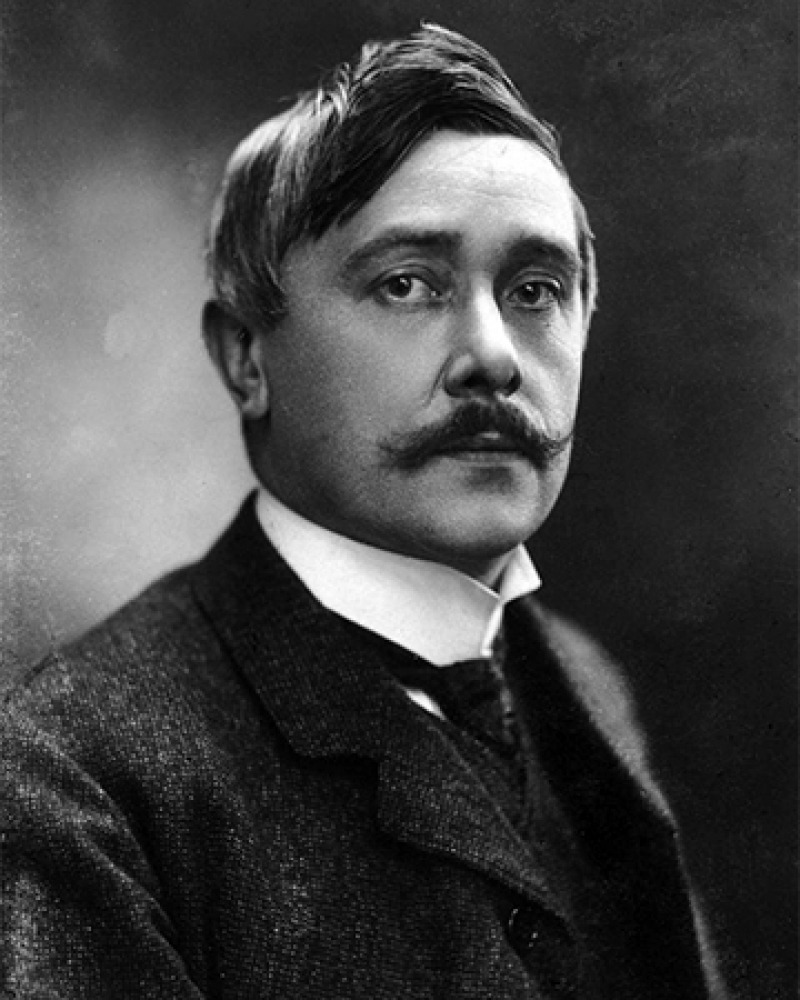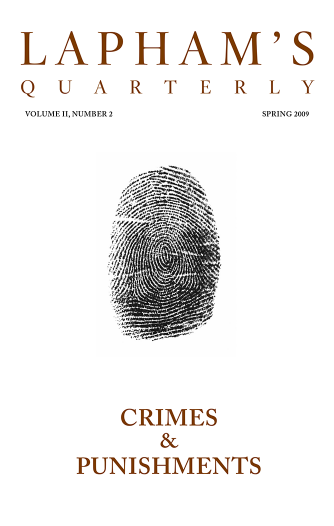
Saint Benedict
The Rule,
c. 530
The Rule,
Let us act in conformity with that saying of the prophet: “I said I will take heed to my ways, that I sin not with my tongue: I have set a guard to my mouth; I was dumb, and was humbled, and kept silence from good things.” If, then, according to the prophet, we ought for the sake of silence sometimes to refrain from speaking good words, with how much more caution should we not avoid speaking evil words, lest we incur both the guilt and the penalty of sin? The maintenance of silence being, then, a matter of so great moment, let even the perfect brethren be rarely permitted to speak, though it should be for the purpose of mutual edification, for it is written, “In the multitude of words there shall not want sin”; and again, “Death and life are in the power of the tongue.” For to speak and to teach is the province of the master, whereas that of the disciple is to be silent and to hear. Therefore, if the brethren want anything from the abbot, let them ask for it with all humility and lowly reverence: so that all unnecessary conversation may be avoided. But as to jests, or idle and jocose words, we utterly condemn them, and forbid the brethren to utter a single word of this kind, under any circumstance.





